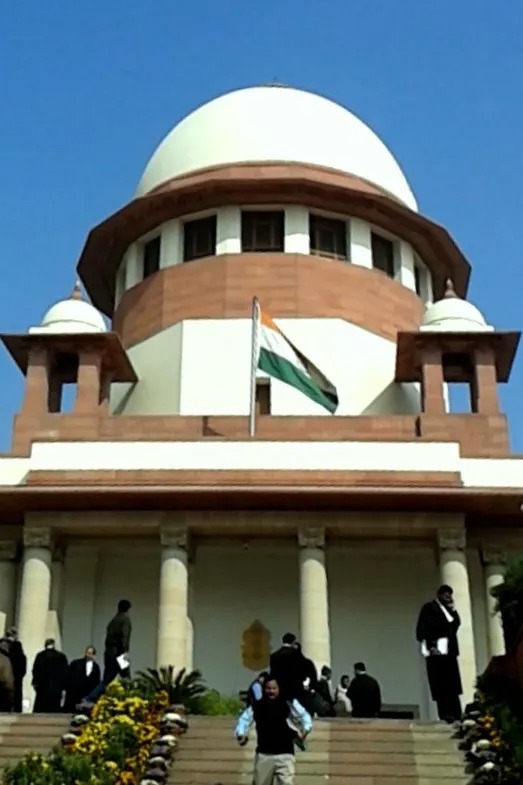Page, J.@mdashThis is an appeal from an order of the learned Subordinate Judge of Cachar allowing an objection to an application by the Appellant for leave to issue execution by selling certain property belonging to the judgment-debtors. On the 16th of September 1915 the Respondents mortgaged the property in suit to the Appellant under a registered deed of mortgage upon the following terms. The principal sum secured by the mortgage was Rs. 800 "and the right, title and interest to and possession "of the mortgaged property" passed under the deed of mortgage to the Appellant. The mortgagor was to have three years within which to pay off the principal sum and redeem the mortgaged property. There was no provision for the payment of interest, but it is apparent from the terms of the mortgage deed that the Appellant was to enjoy and possess the land in lieu of interest. By a kabuliat executed on the same date, which recited the deed of mortgage and that the mortgagors were desirous of cultivating the land, the mortgaged property was let to the mortgagors for the period within which the mortgagors were entitled to redeem the mortgaged property at an annual rental of Rs. 160. Upon the failure of the mortgagors to pay the rent clue under the lease the mortgagee-landlord brought a suit to recover the arrears of rent, and obtained a decree. For the purpose of obtaining execution of the decree the mortgagee-landlord applied for leave to issue execution. The mortgagor-tenants filed an objection to the sale of the mortgaged property u/s 47 of the CPC upon the ground that in substance the decree which the mortgagee-landlord sought to execute was "a decree for the payment of money in satisfaction of "a claim arising under the mortgage within Order XXXIV, Rule 14 and, therefore, that the mortgagee-landlord was not entitled to bring the mortgaged property to sale otherwise than by instituting a suit for sale in enforcement of the mortgage ". The question which falls for determination is whether this contention of the Respondents is sound or not. In my opinion, upon a perusal of the mortgage deed and the kabulial it is clear that the two documents formed part of the mortgage transaction, and, to adopt the language of Lord Sinha in the case of Panaganti Ramarayanimgar v. Maharaja of Veukatagiri (1926) 31 C.W.N. 670, 675 the two deeds should be read together as they form parts "of one transaction, the lease being in the nature of "machinery for the purpose of realizing the interest "due on the mortgage.'''' It follows that the objection preferred by the Respondents to the sale of the properties in suit in execution of the rent decree must prevail and, in my opinion, the appeal should be dismissed with costs.
Graham, J.
2. I agree.

